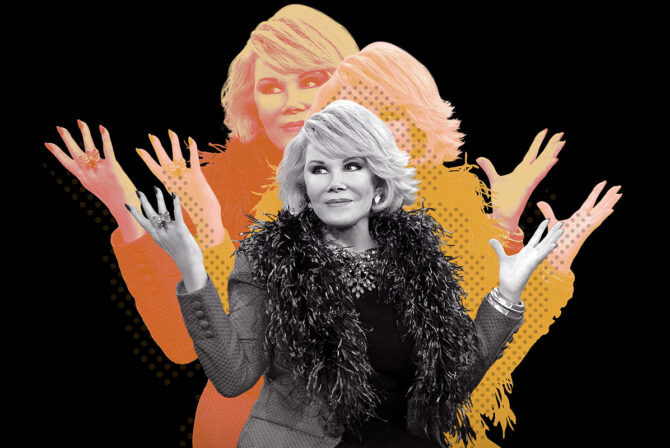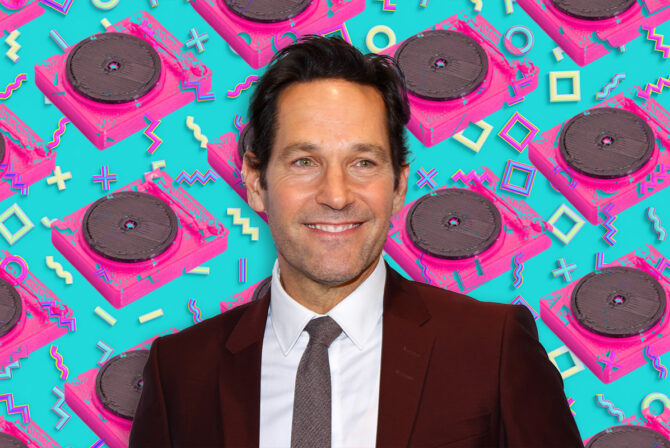Over the past few months, I have heard a resurgence of the word “retarded,” both by adults and kids. Since my background is in linguistics, I am always thinking about words and their usages, and I notice language. And, yes, as the mother of a child with special needs, I have definitely become more sensitive to labeling over the past few years.
I’ve heard it used as an adjective by teenagers, as in, “I was going to text her but that’d just be retarded.” I’ve heard it used by adults to indicate that the speaker did something he or she feels is stupid, like, “When I was driving I totally forgot to make that retarded left turn and missed the street.” And most sickeningly, I’ve heard it as a label: “You are such a retard.” Or, “Stop being so retarded.” Sadly, I have even heard it directed towards one of my kids—not to our 4-year-old who has autism, but to one of our other children. What makes it even worse was that my daughter did not flinch. She did not even notice. The word is back, or perhaps it never went away.
READ: ‘Sesame Street’ Introduces First Character with Autism
I’m not the only one who has noticed an increase in the word’s usage. When I’ve mentioned my shock—and dismay—to friends, the response I receive is always, “Yes, I’ve found that, too.” Some say that they confront the issue and mention it to the speaker who, inevitably, had no idea s/he was saying something insulting. I wish I were that bold, and maybe one day, I will be. Instead, I sit seething, especially when I hear the word used among a larger group of people.
The last time I heard the word was in such a setting. I was sitting in a meeting with 50 or so people, and one person started to speak. After about a minute, he said, “How retarded is it that I can’t seem to figure this [issue] out?” I have no idea what he said after that because I tuned out. Anything of substance went out the window because I was so disgusted with his use of the word. I would certainly want someone to let me know if I was insulting them with my language, but I also couldn’t summon the courage to approach someone I did not even know in such a public setting.
What surprises me most about how often I’m hearing the word is that it’s despite our attempts—as a society, or at least as parents—to become so respectful and cognizant of all of our differences. Our kids’ leveled classes are no longer labeled “high,” “regular,” and, “low,” as they were when I was a kid. We have anti-bullying week at school; we explain to our children that each of us learns differently; we are careful to not exclude. We know that the old saying, “Sticks and stones may break my bones but words will never harm me,” is utterly and unequivocally wrong. Words hurt, and they often stick with us for years to come. And yet, we still liberally use the word “retarded” in our speech. Why is that?
READ: Broadway Star Speaks Out After Child with Autism Is Shamed for ‘Disrupting’ Show
I would like to think that our 4-year-old son, who has autism, will not be singled out as he gets older. My hope is that he will have friends who appreciate his specialness, just as my girls each have friends who appreciate their uniqueness. But, I am also realistic. When I take my son to the playground and he insists on walking the periphery rather than play on the structures or slides, I know that there will come a time when he will be somehow not accepted. He may be labeled in some fashion. It makes me sad but, honestly, no more sad than I would if any of my girls were labeled for anything. Words have an impact on a child—special needs or not.
Labels can last a lifetime. When I was a kid around 7 or 8 years old—my youngest daughter’s age now—I was called “ghost” and “freckle face.” I have red (strawberry blonde) hair and paler than pale skin. And freckles. I hated—loathed—looking “different” until I was nearly 30, largely, if not completely, due to being teased about it as a kid.
READ: Israeli Family Kicked Off Swissair Flight Over Autistic Child’s Cries
While none of our four kids have red hair, two of them have freckles, but instead of being teased, they are constantly told how adorable they look. One of my daughters has very pale skin and, instead of being called “ghost,” she used be told she has skin like Snow White. I am thrilled that our children are growing up with more acceptance for their unique attributes than we did in the 80s.
But this needs to include trigger words and labels, too. I am not sure how to effectuate this change, but I hope by raising awareness and writing about it, I can help a tiny bit.







